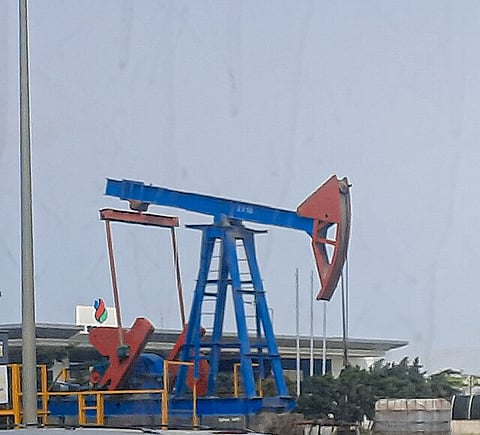

Iraq resumed oil exports from the Kurdistan region to Turkey on Saturday, ending a 30-month suspension that had been at the center of a bitter dispute between Baghdad and the Kurdish Regional Government (KRG).
Exports through the Iraq–Turkey Pipeline (ITP) were halted in March 2023 after the International Chamber of Commerce (ICC) in Paris ruled that Turkey had facilitated unauthorized Kurdish oil exports between 2014 and 2018 without Baghdad’s consent. The ICC ordered Ankara to pay $1.5 billion in damages, a decision Turkey continues to dispute.
Under the ruling, all Iraqi oil exports must be managed by the federal State Oil Marketing Organization (SOMO), a requirement the KRG long resisted. On Thursday, however, an interim agreement was signed between Baghdad, Erbil, and international oil companies, formally allowing SOMO to take control of the exports.
The halt in exports was part of a wider clash over Kurdish autonomy and the region’s ability to independently sign contracts with foreign energy firms. Baghdad had rejected deals the KRG struck with American companies earlier this year, insisting all contracts required federal approval. The dispute also led to Baghdad cutting the KRG’s share of the federal budget, straining Erbil’s already fragile finances.
The broader standoff dates back to a 2022 ruling by Iraq’s Federal Supreme Court, which declared the KRG’s oil and gas laws unconstitutional and demanded that Erbil hand over production to Baghdad. That ruling, coupled with Baghdad’s subsequent legal and budgetary pressure, has steadily weakened Kurdish leverage.
Looking ahead, tensions may deepen with the planned U.S. military withdrawal from Iraqi Kurdistan within the next year. Washington has long served as a guarantor of Kurdish autonomy, particularly after the failed 2017 independence referendum, which was followed by a rapid Iraqi military campaign that stripped the KRG of more than 20% of its territory which also saw a near collapse of the Kurdish government.